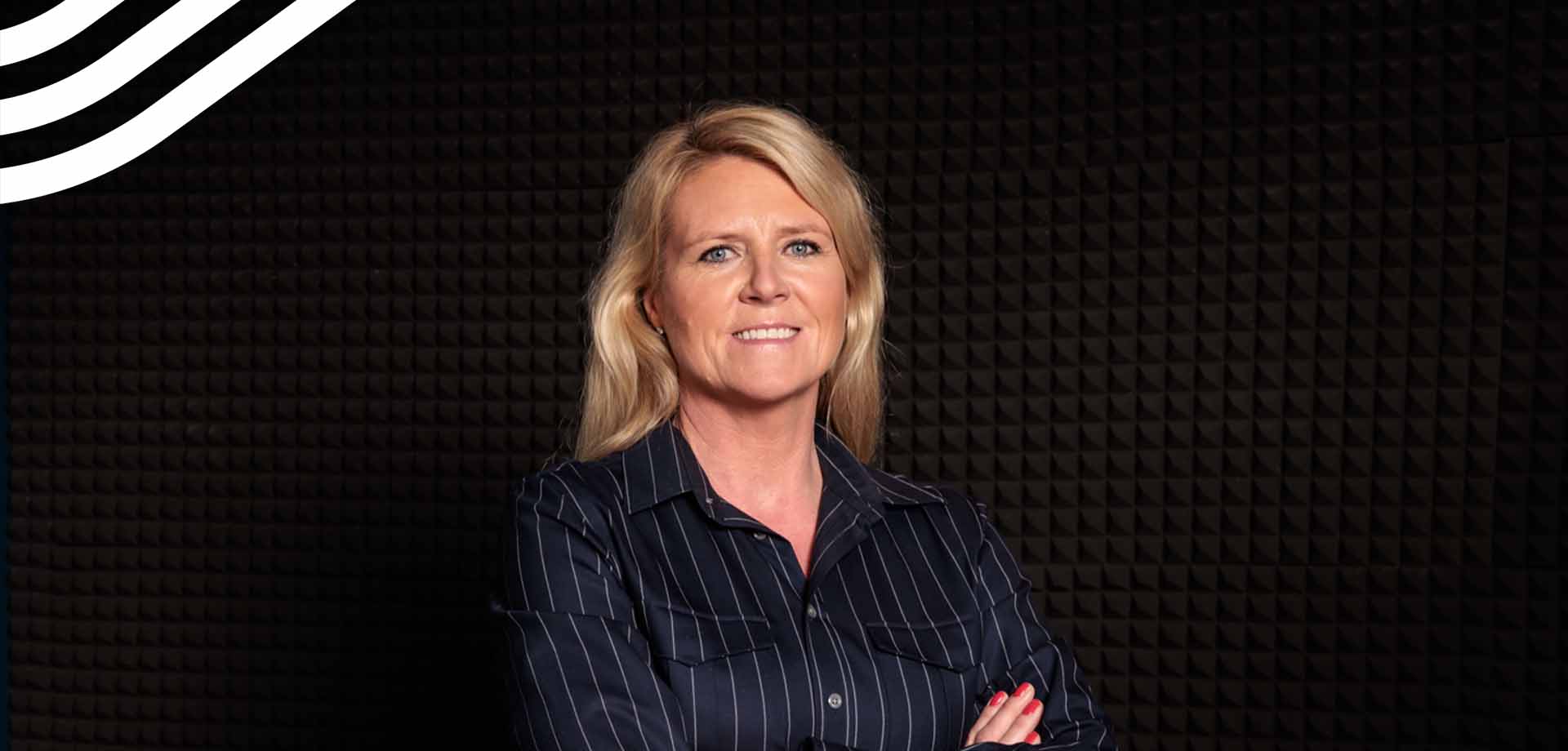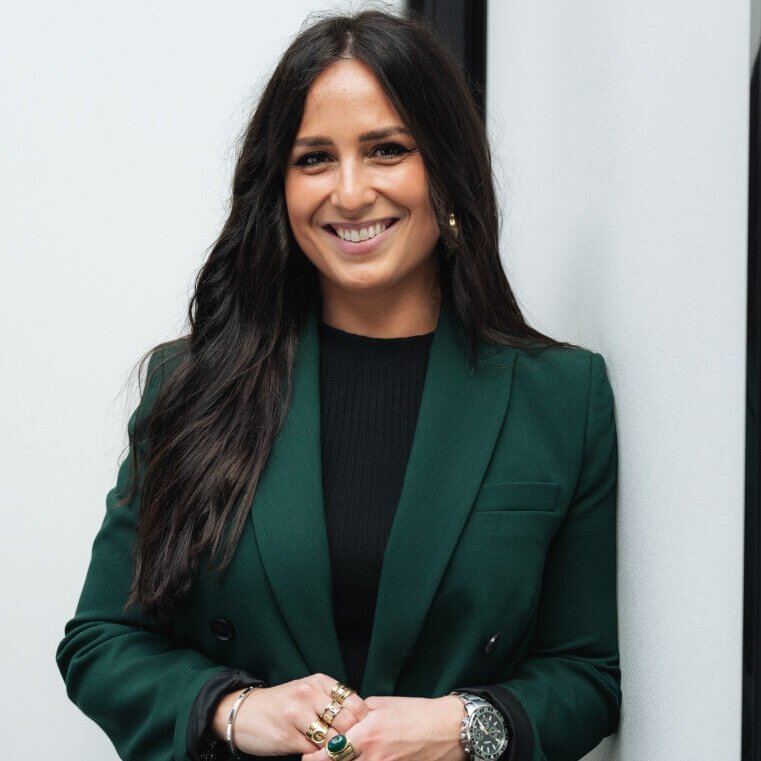
There is not just the ONE Scandinavian market
People in Nordic countries are considered as early adopters. This makes it exciting for companies to expand into Scandinavia, says Eva Bodecker Thunborg, CEO of Mediaplus Nordics.
What makes the Nordic countries interesting for clients worldwide?
Eva Bodecker Thunborg: The Nordic countries are interesting in so many ways. One of the main reasons for this is that people in the different Scandinavian markets are early adopters – they are very keen to test and try out new products, new services, and new ways of doing things. Sweden and Finland, in particular, have had a certain affinity for new technologies from very early on. The use of new, cutting-edge technologies is mainly driven by the sheer size of the region, and a concentrated use of state resources to overcome outdated structures. Examples include telemedicine, but also the very early networking between business and government, for instance, in tax administration. Moreover, some culturally determined mental obstacles such as very strict data protection are less pronounced. In Sweden, for example, the ‘principle of public access’ applies, making it possible for every citizen to inspect official files without giving reasons. Access to personal data in public databases, like age, interests, and income, is similarly unproblematic here; this is unthinkable for Germany, but a clear sales advantage for any company seeking to target customers as specifically as possible. Due to its high degree of digitalisation and the population’s unusually high digital affinity – not to mention its manageable size – the Scandinavian market can serve as a pilot market for innovative campaign approaches and product launches.
And what are the specific challenges for customers?
Eva Bodecker Thunborg: The specific challenge is that there is not just ONE Scandinavian market; with Sweden, Norway, Denmark and Finland, there are four quite distinct markets, with different cultures, tax systems, bureaucracy, currencies, and languages. A Finn is about as similar to a Dane as a Belgian is to a French person. This is also comparable to the group of countries comprising Germany, Austria and Switzerland (the DACH region), which are at most still connected by a common language. However, the Germans, Austrians, and Swiss would agree that they each tick very differently. No one would think to impose a one-size-fits-all strategy on all countries. A special opportunity for global customers is that we can now offer all Nordic markets a one-stop Point of Contact. Companies can test new product launches, services, or line extensions in a defined market under expert guidance.
In the Nordics Office, Mediaplus and Plan.Net work hand in hand. What is special about this collaboration?
Eva Bodecker Thunborg: A special feature of the Serviceplan Group is that it offers an integrated range of media, creative, and digital services in its Houses of Communication around the world. With Mediaplus and Plan.Net, we are already well on the way to a House of Communication Nordics. Alongside Mediaplus, a strong Plan.Net team led by Niklas Lamberg in Stockholm manages the digital activities of BMW and MINI in the Scandinavian region, as part of the customised agency: The Marcom Engine. In collaboration with Niklas and his team, we want to continue managing integrated budgets into the future and are very much looking forward to building House of Communication Nordics together! We work closely together to prepare successful pitches, grow our existing client engagements, and seek new ones! Our offerings complement each other perfectly. Our shared vision is to be as flexible as possible in response to client needs. This means having a highly skilled and adaptable group of colleagues and competencies, so as to be able to tailor the structure of the team. Together, we also want to drive forward with implementing global resources and tools in the new markets, including the international digital and data hub, Mediaplus Realtime, and the AI-driven intermedia planning tool, Brand Investor.
How would you describe the agency market in Scandinavia? To what extent does a House of Communication Nordics fulfill exactly what the market needs?
Eva Bodecker Thunborg: The Scandinavian agency market has so far been dominated by network agencies. At the same time, however, large parts of the Nordic economy are still owner-managed or family-owned and therefore characterised by medium-sized businesses, although they have long since gained global importance. There is a combination of local and global clients in Scandinavia, active in all markets, where the ongoing trend towards more and more local communication can open a lot of doors for us. This is especially true for companies that want to expand here and need our expertise in local target group analysis, local influencers, local language/imagery in advertising materials, and local communication trends.
Apart from advertising and target groups, what can we learn from the Scandinavians for our industry?
Eva Bodecker Thunborg: Even in Scandinavia, there is still a need for action in terms of equality and diversity. Nevertheless, the Nordic countries regularly occupy top positions in rankings such as the World Economic Forum's ‘Equality Index’. All Nordic countries have worked hard in the past towards the more equitable participation of different genders, cultures, and nationalities in economic, political, and social domains. As a result, the gender pay gap is smaller in Scandinavia, parental leave is more balanced among couples, there are more flexible working models, and there is greater diversity in companies. This also contributes to companies’ economic success. Nowadays, no one can afford to forego good employees, managers or experts on the grounds of skin colour, gender, or physical characteristics. As an independent agency group that is active internationally, I see the Serviceplan Group as being very well positioned in this respect.
Interested in more content?
Back to Issue #8








